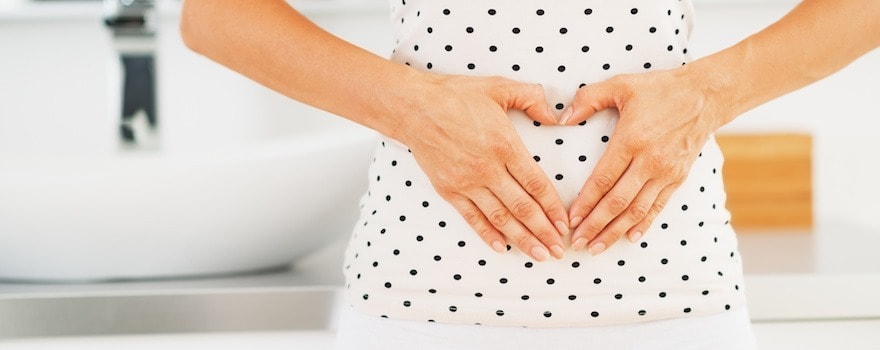What are probiotics?
The human body is composed of different microbiomes, environments in which micro-organisms grow.
These are called “probiotics” and include bacteria, yeasts, and fungi.
Lactobacilli and bifidobacteria are the most represented. These micro-organisms play a major role within the gut microbiome.
They primarily help to maintain the balance between good bacteria and pathogenic bacteria. The former should always remain in greater numbers. Thus, they prevent dysbiosis, which is an imbalance of the gut flora.
The intestinal microbiome is the largest of all: it contains 100 trillion bacteria and hundreds of different strains.
At the same time, they strengthen the barrier function of the mucous membranes. In this way, they combat microbial attacks that can alter gut health.
In studies, probiotics have shown promise in relieving Irritable Bowel Syndrome (IBS), also known as Irritable Colon Syndrome (ICS).
While it can be of infectious origin, this condition is often caused by an imbalance in the gut microbiome.
In case of irritable bowel, it is advisable to have a diet rich in probiotics. Dairy products, brewer’s yeast, and fermented drinks, such as kefir or kombucha, are good sources.
There are also dietary supplements based on probiotics composed of different strains.
Also read | How to choose the best probiotics?

How do they help relieve irritable bowel syndrome?
They rebalance and improve the composition of the gut microbiome
As shown in this study, people with irritable bowel syndrome present an imbalance in the gut microbiome.
Thus, it contains fewer lactobacilli and bifidobacteria. Conversely, it contains more streptococci and bacteria of the Escherichia coli and Clostridium types.
These bacteria are naturally present in the intestines. However, they have a pathogenic nature and can multiply abnormally.
They then cause discomfort and digestive disorders.
Consuming probiotics helps to rebalance the environment and improve the bacterial composition. They inhibit the growth of harmful bacteria and increase the population of good bacteria.
This study shows the link between the composition of the microbiome and irritable bowel syndrome.
They strengthen the intestinal barrier
As in cases of SIBO (Small Intestine Bacterial Overgrowth), individuals with irritable bowel syndrome exhibit intestinal hyperpermeability.
The mucosa is weakened and less efficient at combating pathogenic elements. This results in numerous digestive troubles.
Probiotics help reinforce this barrier function and stimulate immunity within the gut microbiome.
This study demonstrates their beneficial effects on strengthening the intestinal barrier.
They relieve symptoms
Irritable bowel syndrome causes bloating, gas, digestion problems, and abdominal pain. It can also be accompanied by constipation and/or diarrhea.
Thanks to their various actions on the microbiome, probiotics can reduce these symptoms. They help to regain well-being and intestinal comfort.
During this study, they improved the symptoms of irritable bowel.

Which ones to choose?
Among the hundreds of different bacterial species, some are more effective than others at relieving irritable bowel syndrome.
The most interesting strains are as follows:
- Lactobacillus rhamnosus
- Lactobacillus plantarum
- Bifidobacterium infantis
- Bacillus coagulans
During this study, the bacterium Bacillus coagulans helped to improve symptoms including bloating and abdominal pain.



